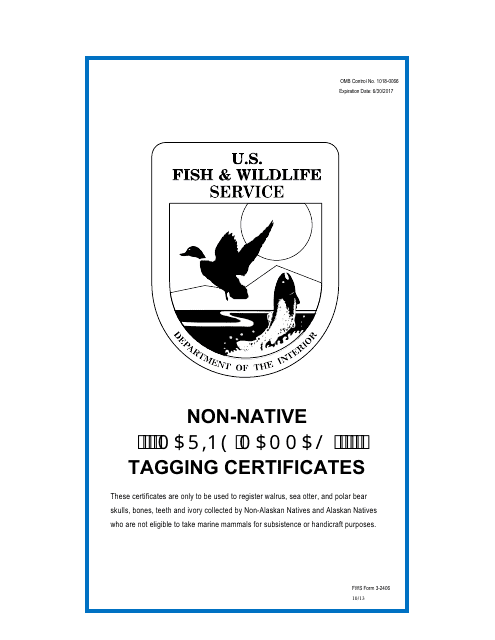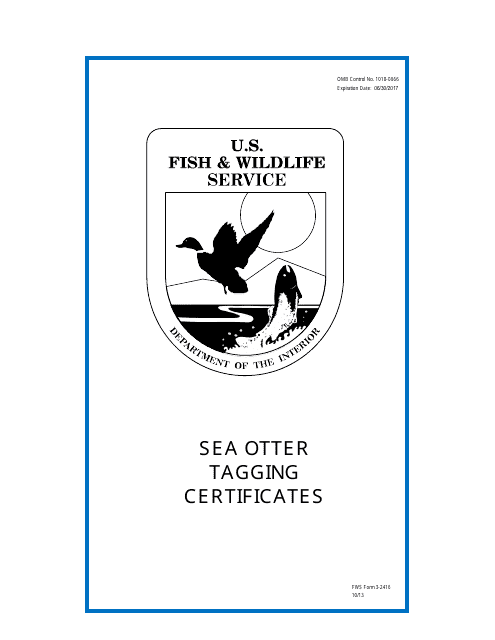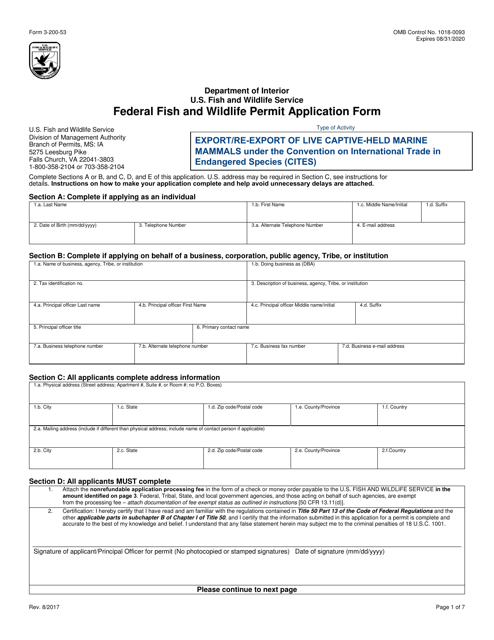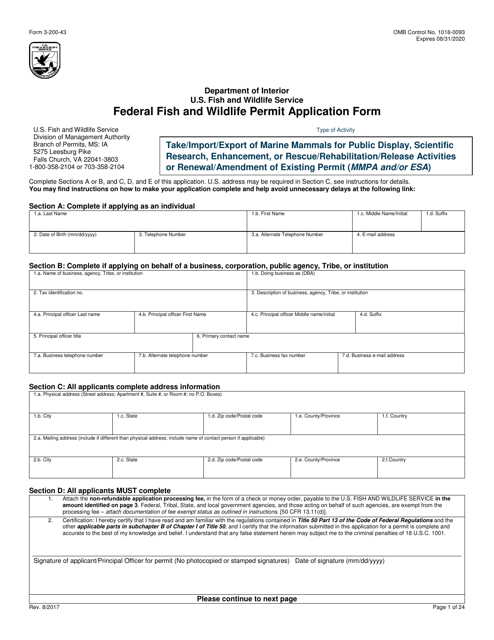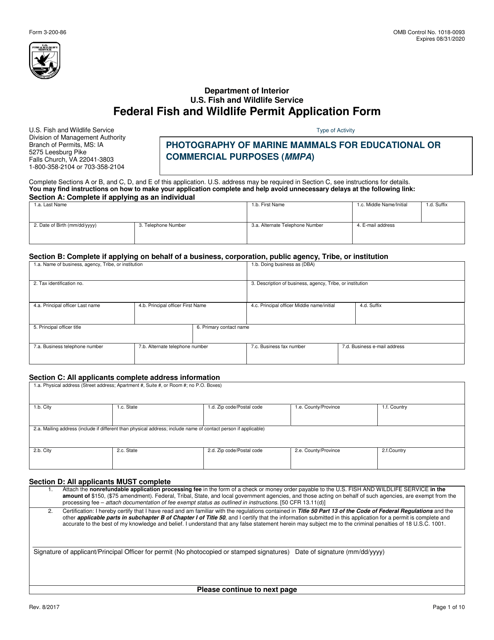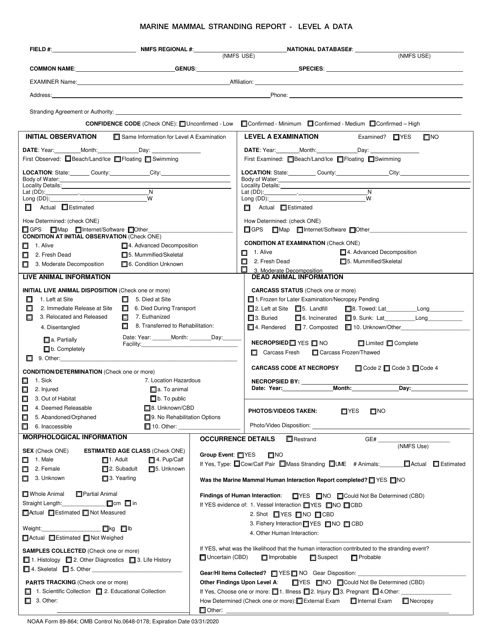Marine Mammals Templates
Welcome to our webpage dedicated to marine mammals! Marine mammals are a fascinating group of animals that inhabit our oceans and waterways. From majestic whales to playful dolphins and adorable seals, these creatures captivate our hearts and minds.
At our site, you can find a wealth of information and resources about marine mammals. We provide a comprehensive collection of documents that cover various aspects of marine mammal management, conservation, and research. Our documents are carefully curated to ensure that you have access to the most up-to-date and relevant information.
Whether you are a researcher studying marine mammal populations, a wildlife enthusiast looking to learn more about these incredible creatures, or a professional seeking permits for activities involving marine mammals, our documents will provide you with the guidance and information you need.
Our alternate names for this document collection, "marine mammals" and "marine mammal," reflect our commitment to providing a comprehensive resource for anyone interested in learning about or working with marine mammals. We understand the importance of these animals to our ecosystems and the need to promote their conservation and protection.
Some of the documents you can find in our collection include:
- FWS Form 3-2406 Non-native Marine Mammal Tagging Certificates: This document pertains to the tagging of non-native marine mammals and provides guidelines and requirements for researchers and permit holders.
- FWS Form 3-2416 Sea Otter Certificate: This certificate is specifically focused on sea otters and outlines the necessary permits and documentation for activities involving this species.
- FWS Form 3-200-43 Federal Fish and Wildlife Permit Application Form - Take/Import/Export of Marine Mammals for Public Display, Scientific Research, Enhancement, or Rescue/Rehabilitation/Release Activities or Renewal/Amendment of Existing Permit (Mmpa and/or Esa): This comprehensive form is essential for individuals and organizations seeking permits related to marine mammal activities, including public display, research, and rescue or rehabilitation efforts.
- FWS Form 3-200-86 Federal Fish and Wildlife Permit Application Form - Photography of Marine Mammals for Educational or Commercial Purposes (Mmpa): This document is specifically designed for individuals interested in photographing marine mammals for educational or commercial purposes and provides guidelines and requirements for obtaining the necessary permits.
- NOAA Form 89-864 Marine Mammal Stranding Report - Level a Data: This form is crucial for reporting incidents of marine mammal strandings and plays an essential role in monitoring and understanding these events.
Our diverse collection of documents ensures that you have access to the information you need, whether you are an individual, researcher, or professional. We strive to provide a user-friendly platform that allows you to navigate through our documents and find the resources you require easily.
Visit our webpage on marine mammals today and discover the wealth of information and resources available to you. Together, let's learn, protect, and conserve these magnificent creatures for future generations. Start exploring now!
Note: The text above is just an example. Feel free to modify it or use your own writing style.
Documents:
6
This document is used for obtaining tagging certificates for non-native marine mammals.
This form is used for obtaining a Sea Otter Certificate from the U.S. Fish and Wildlife Service.
This form is used for applying for a federal fish and wildlife permit to export or re-export live captive-held marine mammals under the Convention on International Trade in Endangered Species (CITES).
This Form is used for applying for a Federal Fish and Wildlife Permit for activities involving the take, import, or export of marine mammals for public display, scientific research, enhancement, or rescue/rehabilitation/release activities. It can also be used for renewing or amending an existing permit.
This document is used for applying for a federal permit to take photographs of marine mammals for educational or commercial purposes under the Marine Mammal Protection Act (MMPA).
This document is used for reporting marine mammal strandings to the National Oceanic and Atmospheric Administration (NOAA). It collects Level A data, which is detailed information about the stranding event.

